Saturday, July 23, 2016
Morphing. A Short Story
Morphing
By Joan M. Baril
In 2005, in the early hours, a July
storm blew through Tucson, Arizona. The locals call such a storm a monsoon:
heavy downpour, thunder and hail. When James Lorcas got to his usual spot
outside the Home Depot, the parking lot was a sea an inch deep. As he stood
with his buddies, all shivering in the chill, he saw the first blue reflected
in the water.
The wavering colour reminded him of Mira’s
tearful eyes when he had snapped at her that morning, said her house idea was
the craziest goddamn stupid thing he had ever heard. Then he put his arms
around her and they swayed for a minute in the middle of the small kitchen. She
was just scared. They’d heard shots in the night, somewhere close. Their neighbourhood
was getting worse and she wanted out.
She turned to
finish packing Sammy’s school lunch. “We got to take any chance,” she said. “We’ll
lose Sammy. You, of all people, should know that.” Her voice hardened. “He’s
wearing that red tee shirt all the time. You know it’s a gang colour. The
Bloods. If you don’t do something about it, I will.”
James had swung
out of the door and down the stairs to walk two miles in the dangerous dark to
the Home Depot parking lot. He didn’t believe Mira would go ahead with the silly
house idea on her own. And he had no worries about her leaving him. They’d been
a strong couple for twenty years. They’d been in the same class in high school.
She was a beautiful sight, a quick moving, laughing girl with dark, coffee-coloured skin, big blue eyes and black
hair. He followed her from class to class just to see her fast swaying walk, hear
her laughter and her soft pattering voice as she talked with her girl friends. He
loved her absolutely.
She was right
about Sammy. The once cheery boy was slipping away from them, getting sullen
and mouthy. James himself had got into gangs when he was much younger than Sam.
He started when he was ten, a smart-ass street brat, getting paid small change
as a runner and then, when he grew up, a low-level street-corner pusher. Crack
was just coming in and, it seemed, overnight, gun battles all around. Every
evening, when he was eighteen, he stood at the corner of Grant and Alverson, one
jacket pocket full of cocaine packs and the other full of money. He might as
well have had a target on his back. Mira, the same age as he but smarter, much
smarter, gave him the word. Break free. Get out. Go to the army base in Sierra
Vista. Join up. If he didn’t, she’d walk. He knew she was right. The army saved
him.
Mira saved him.
They’d married when
he was in the army. After he was released, Mira helped him set up his
electrical business and, fifteen years later, she helped fold it up when it
went bankrupt. She always cheered him on, told him it couldn’t be long before a
good job would open for him, maybe in one of those big construction companies
that were covering the Tucson hills with new houses. The Home Depot gig was
temporary.
She’d been
saying that for a year.
He set his toolbox
on the pavement in a dry spot. Soon, the sun would suck up the water and drop the
day’s heat hard upon him and his buddies. All he wanted now was an early
customer so he wouldn’t have to endure the endless standing, unshaded, holding
up his sign, forcing himself take another broiling hour and then another before
he gave up and headed home.
A
beat-up Ford Ranger careened into the parking lot from the highway. Automatically,
he and the two other black guys moved back. A few yards over, the five or six
Mexicans did the same. Sometimes, on wet mornings, some stupid white dude would
swerve in, ripping through the closest puddle, sending a wave of water towards
them, then speed off, laughing out the window, honking the horn and flipping
them the bird, leaving their shouted obscenities behind.
But this truck
slowed, stopped and a hand beckoned James over. A man peered through a couple
of inches of open glass, “How much you askin’?”
“Ten an hour,”
James said. “Work guaranteed.” This was
a lie. He never gave anyone his real name or address and always took cash.
“You really a certified
electrician?”
James turned his
cardboard sign to show a copy of the certificate he had received long ago but
doctored with a different name. “Yes sir, I am. Trained by the U. S. Army
itself.”
“Ten bucks huh? What
about those guys?” He pointed to the group of Mexicans. “Are they cheaper?”
“Ask them.”
“Probably not
certified. Right?”
“Probably,” said
James.
The driver
stared at the Mexicans who stared back. “Probably don’t speak English, huh?”
James shrugged. “Don’t
know.” But he knew the man was right.
“You’re a pretty
big guy,” the man said. “I’m remodeling an old house up on University. Can you
get into a small attic space?”
“Sure,” said
James. “I been every space you can name, I’m an expert at old houses.” This
last was not a lie.
“I’ll give you
eight,” said the man.
“Deal,” said James.
He picked up his tool kit, slung it in the truck box, climbed in beside the
driver.
Mira waited at the cafeteria cash
register, watching the summer-school kids drift in for lunch, call to their
friends, organize their complicated seating arrangements before buying fries,
natchos, corn bread, tacos and enchiladas covered with searing hot sauce. Trays
teetered with Dr. Pepper and bottles of sweet tea, the Tucson addiction. “Hey
ya, Miz Lorcas,” they said as they pushed their trays toward her. “How you
today?”
Foothills High School
was the best: friendly kids, mostly white but quite a few blacks and Mexicans,
efficient staff always on the job, no graffiti, never food thrown around, never
a fight in the cafeteria, no needles in the rest rooms. Above all, no red t-shirts.
At the end of
her shift, as she hung up her apron, Mira waited for the commercial. The radio
was always on in the kitchen; but when the commercial started, about every
fifteen minutes, all noise stopped.
Think you can’t afford a new house? Banks
won’t talk to you? Think again! Check this out! A beautiful hundred-thousand-dollar
home for 500 a month. That’s right. Five hundred! Un-be-lievable! Less than rent.
No down payment. No, no, amigo! Cash tight? No job? No assets? No problem! Casson
Properties will show you gracious living. A safe neighbourhood. Visit our models.
High-tech kitchens, central air...
The ad ended with
the address of Casson Properties but Mira did not stay to listen. She had that
part memorized. She had already visited the model homes. They were everything
she had ever wanted and more.
Tim, the
cafeteria manager, caught her on the way out. “I see you’re hanging around
listening to that ad again. You know it’s a scam, Mira.”
“You told me
that before,” Mira said but she smiled. Tim was a great guy and a great boss. She
liked him.
“You sign the
paper and after a couple of years that 500 a month turns to fifteen hundred.
Then over two thousand. You get behind. So they foreclose and kick you out, sell
the house again. You got the debt and they start over with another sucker. Then
they sell it again. Not for us, Mira.” She knew what he meant. Her job paid
minimum and his not much more. His skin was darker than hers and his eyes coal
black. For a minute, they had that look, sadness and defiance, a look she had
seen all her life.
“I know that,”
she said. But she thought, a couple of
years. That ‘s all she needed. All
Sammy needed. She patted Tim on the arm. “Thanks bro,” she said. “I’m
listening to you. I’m taking it all in.”
She opened the
back door that led to the street and bus stop. She took a seat on the left so
she could check out Casson Estates, three blocks on. She pressed her face to
the glass, holding her breath until it came in sight. Beyond the fancy sign and
the stone columns, a newly paved street, as welcoming as open arms, curved up
the hill and out of sight. Date palms, newly planted, waved ferny hats to the
sky. Roofers, high against the blue, moved across plywood slopes setting out red
tiles. House after house stood single file, almost finished, waiting for occupants.
A house in this place, near a good high school, would save her son.
Close to the
entrance, a late model car stood beside a pink stucco bungalow. An elderly man came
out the door carrying a piece of paper. Was that man the first buyer? The first neighbour? All this she saw in the single
minute the bus waited at the new traffic lights. Watching the old man, the
first inhabitant of a new world, sent her heart flying out to him in a rush of gratitude.
Sometimes, Casson Estates had seemed unreal, a mirage that would disappear. But
now, Christopher Columbus was on the doorstep, and the estate and all its
houses solidified around him into possibility.
She and James
paid 600 a month for the small hot apartment in the most dangerous neighbourhood
in Tucson. They’d enter paradise for 500. How could they lose?
****
In August 2008, and for the first time in more
than three years, James walked across the dawn parking lot of the Tucson Home
Depot to say good-bye to Clay and Dano. He hoped they were still there. At a
distance, he could see lots of changes. Many more workers were gathering than
in the past. At least six black guys mingled with about ten whites. Off to one
side, the once small group of Mexicans had expanded to twenty or more all
strung out along the edge of the pavement. The only familiar face belonged to
Clay Reese, the plumber, who stepped across to greet him, nodding in welcome,
eyes crinkling.
“My name’s John
now,” said James. “John Lawden.”
“I know that,”
said Clay. “Grapevine.”
“Where’s Dano?”
said James looking around.
“Rehab.”
“Crack?”
“No, oxy mostly.”
They stood for a
minute in silence. He had wanted to say good-bye to Dano. Three years ago, Dano
had found the guy who created fake ID for the Mexican illegals. James bought a
driver’s license and a birth certificate in the name of John Lawden, five
hundred for both. The next day, he signed the mortgage for 21 Turquoise Way as
John Lawden.
“I heard you went NINJA?” Clay asked.
“Say what?” said
James.
“NINJA – no
income, no job, no assets. So get a mortgage. Ha!”
James laughed. “So
that’s what they call it. Well, I had a job, a great job for a couple of years.”
He couldn’t tell Clay too much. After he and Mira had bought the new house, he
put in two terrific years working as an electrician for Mountain Crest Homes,
first making sixteen an hour with plenty of overtime, then twelve without overtime,
but this year, minimum and, in the last months, glad they could still pay a few
bucks at the end of his shift. He was not surprised when he arrived at work
last week to find the place chained up.
“So what
happened?”
“Company went belly
up. Like the big fry up on the hills.”
“Big fry,” laughed
Clay. “Yeah. Big fry shrank to small fry and us minnows down here, we’es fried
brother, completely and ab-so-lutely fried.”
“Yeah,” said
James, looking around at the gang of hopefuls, some setting up lawn chairs as
if they knew they would spend the day. Business was slow. A single car drove by.
James noted the cardboard signs held up for the driver’s inspection: several
electricians, carpenters, plumbers, mechanics, all the trades.
“I’m heading out,” he said to Clay. “If anyone
asks, I’m John Lawden.”
“Sure thing,”
said Clay. “Step easy, John.”
“You too, old-timer,”
said James as he walked away.
At 21 Turquoise Way, Mira
contemplated the flowerpots on the patio.
“Too big, Ma.”
Sammy was at her side. “No way to get them in the car.”
“I know,” Mira
said. “I know.” She put her arm around her son who seemed twice as tall as she and
twice as wide. At eighteen years old, Sam had morphed from a sullen wanabe gang
member to a football player and graduate of Foothills High.
With her arm
tight around her boy, Mira stared out at the Catalina Mountains where the sun
was making its entrance. How had they acquired so much stuff in three years? They’d
have to leave a lot behind. She’d miss the patio the most. She’d miss coming home
from her night cleaning shift and drinking coffee with James before he set out
for his electrician job. She’d miss the golden desert light marching down
toward them. She’d miss the curve-billed thrasher singing in the mesquite. Mira
looked down at the houses below just catching the morning. Most of them empty now.
A single window was lit up far along the curve. Could be an early riser. Or
maybe not. Could be vandals, the new denizens, along with the raccoons.
Casson Estates
was half ghost town. One night, six months ago, she and James had heard strange
noises across the road. They’d watched from the upstairs window as young men
carried out rolls of wiring, light fixtures, kitchen cupboards and window
frames. To her surprise, James was laughing. “Even the thieves have overloaded
themselves with inventory,” he said. Turned out he was right, After a few
months, the unsalable loot, stacks of bathroom sinks and laundry tubs, granite
counter tops, plumbing fixtures and gas fireplaces, lay abandoned in desert
washes and arroyos.
When the
mortgage payments topped a thousand, Mira stopped paying. It took six months
before the bank got around to following up its threatening letters. The banks
could barely keep up with the deluge. Short staffed and sinking, they cried to
the government for help. James watched the suits on CNN and laughed. He laughed
again when he heard Obama say the big banks were too big to fail but later he
could only shake his head at the huge government payouts they received.
After a last
glance, Mira closed the patio doors. What she had not counted on was that everyone
else, their friends and neighbours, would all be going down at the same time,
some completely blind-sided by the crash. Old Mr. Gomez, the first person to
move into a Casson house, hanged himself from the chandelier in his dining
room. Mira cried at the funeral, remembering her first sight of the ancient
pioneer standing on his doorstep, his ownership papers in his hand.
But today, she, James
and Sam were about to bail. Their best furniture was in storage. The house was
heading into foreclosure but the banks would be unable to sell it. They would
try to stick John Lawden with the debt; but, as she had planned long ago, John
Lawden’s existence was dimming away along with the hundred and twenty thousand
the bank claimed he still owed even after three years of payments.
The family name,
Lorcas, had spent three years buried deep, but now, at last, resurrection day. The
Lawden family would drive over the mountains in an old Toyota Camray. On the
other side, they would become the Lorcas family once again.
James arrived
back at the house in time to help Sam carry out the last garbage bags
containing the living room drapes, the towels and sheets and some odds and
ends. He helped his son squeeze the bags into the trunk of the car. Father and
son stood silent watching Mira come out of the house, carrying her purse and a
cloth bag stuffed with food and bottles of sweet tea.
“Give me a
minute,” James said to her. He had to have a final look inside. Without
curtains or drapes, the rooms brimmed with early morning light. In their
bedroom, the old dresser with the missing drawer stood against one wall, a pair
of his beat-up sneakers on the top. All the rooms were like that, half alive.
He’d planned to throw the keys into the middle of the living room floor. He
took them out of his jeans pocket and held them up into the sunny air. Suddenly
it seemed a useless gesture. It wouldn’t make him feel any better. It was just
something to do, to talk about later, but really, it meant nothing he could
understand. Instead he set the ring of keys carefully on the shelf in the hall
closet, stepped outside and closed the door.
“The sooner, the
better,” James said to Mira as he climbed into the driver’s seat and pulled out
of the drive. “So, we morphing huh?” he said, trying to make a joke. Morphing
was her word. “Don’t get too settled in,” she’d remind Sam every once in a
while. “One fine day, we’re morphing out of here. Out and away.”
When James
rounded the corner at the traffic lights, only Sam looked back.
“Santa Fe, here
we come,” said Mira, leaning back and closing her eyes. “A good college for
Sam. Let’s pray for a cheap apartment. That’s all I got to worry about now.”
James knew she’d
look for work as a cleaner. With luck, he’d find an electrician job. But he couldn’t
grasp the hope. The bad times had a sticky feel, as if they were settling down
to stay.
Still, he
thought, as he aimed for the freeway, there was always the parking lot at Home
Depot. That much he knew for sure.
Subscribe to:
Post Comments (Atom)





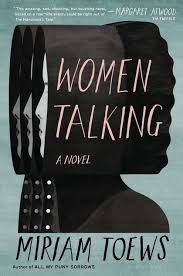
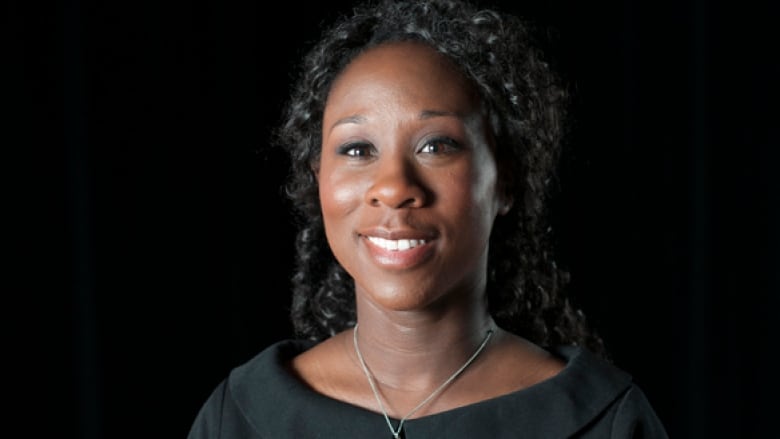






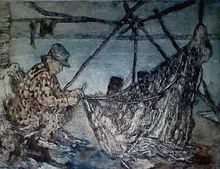

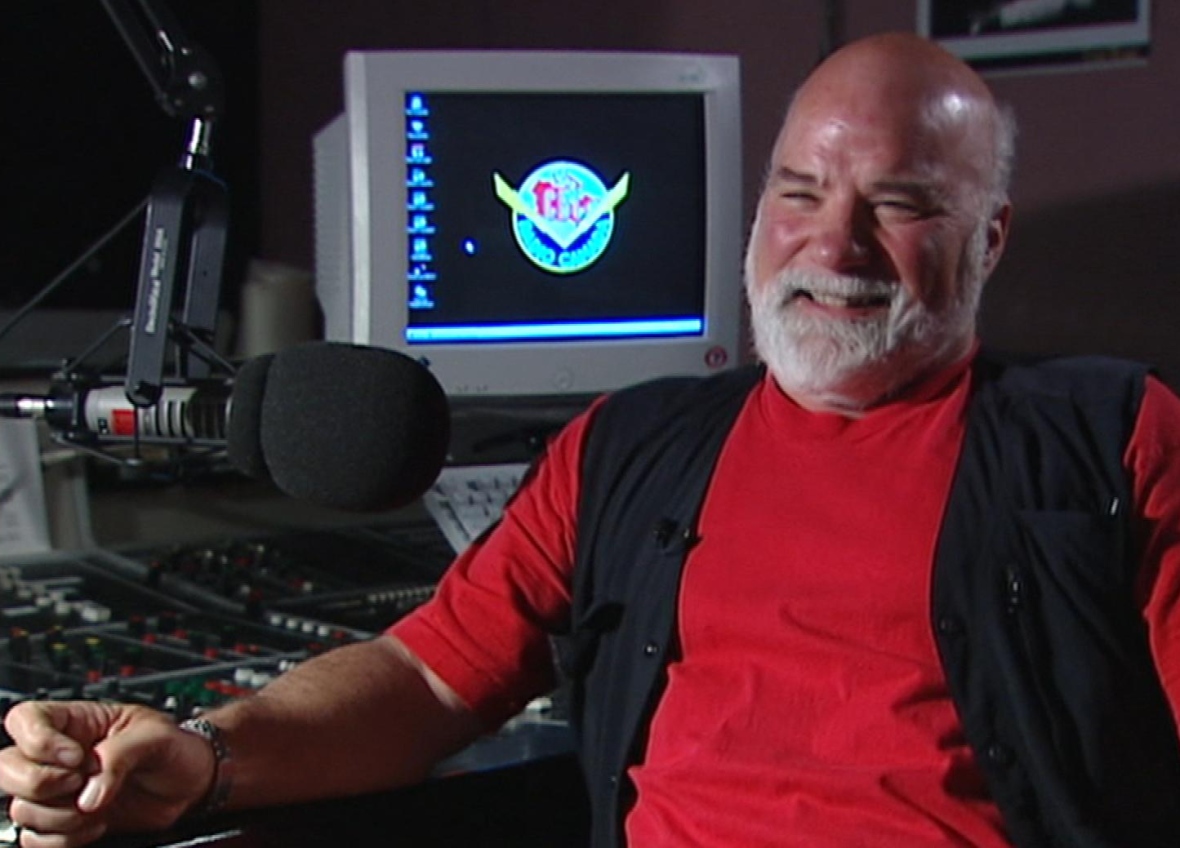
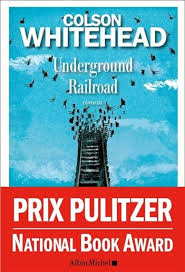

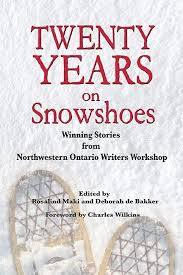










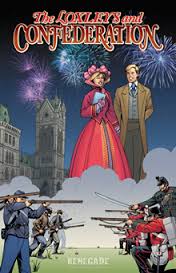


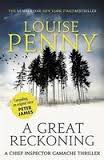






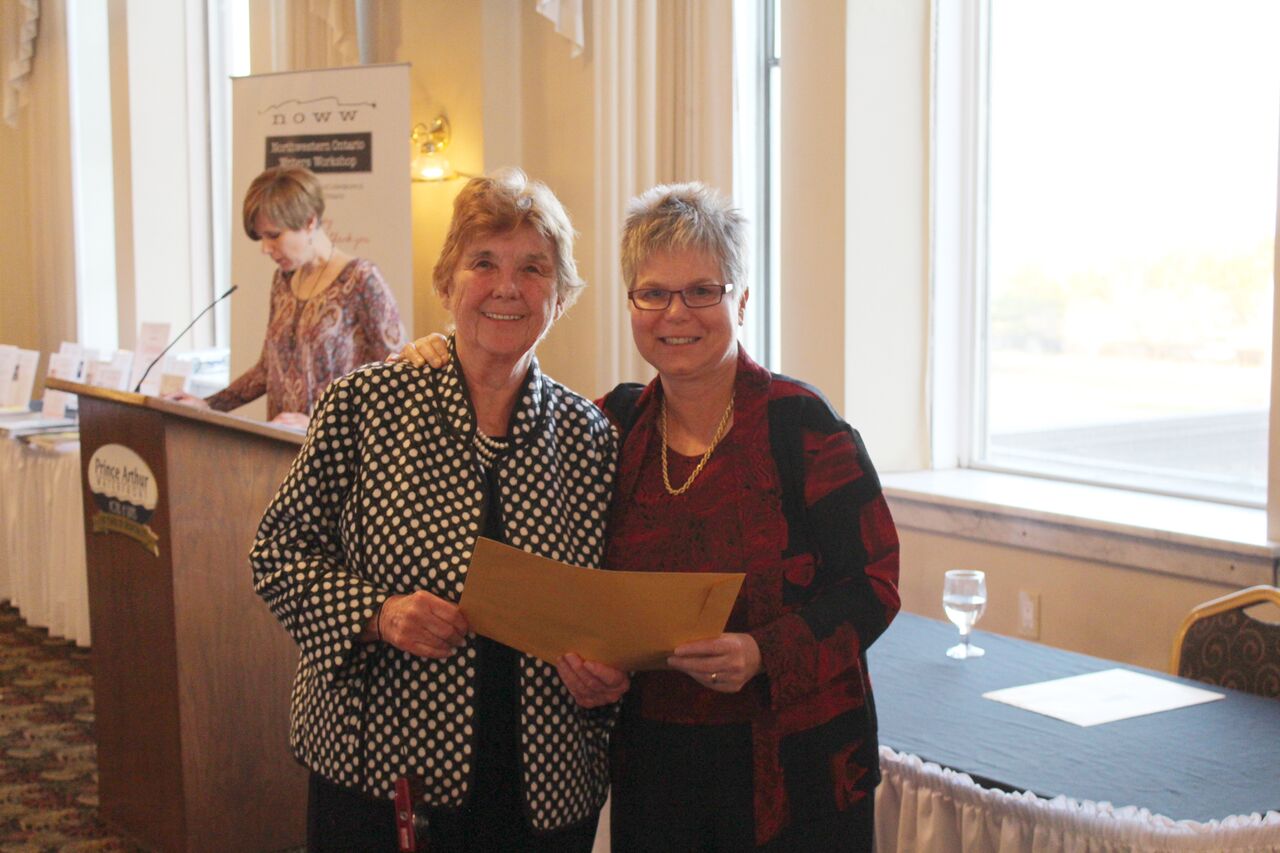








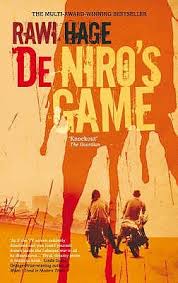

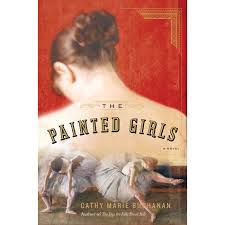









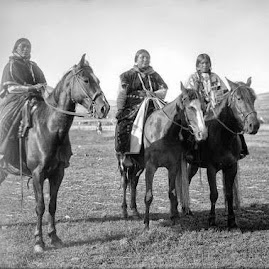
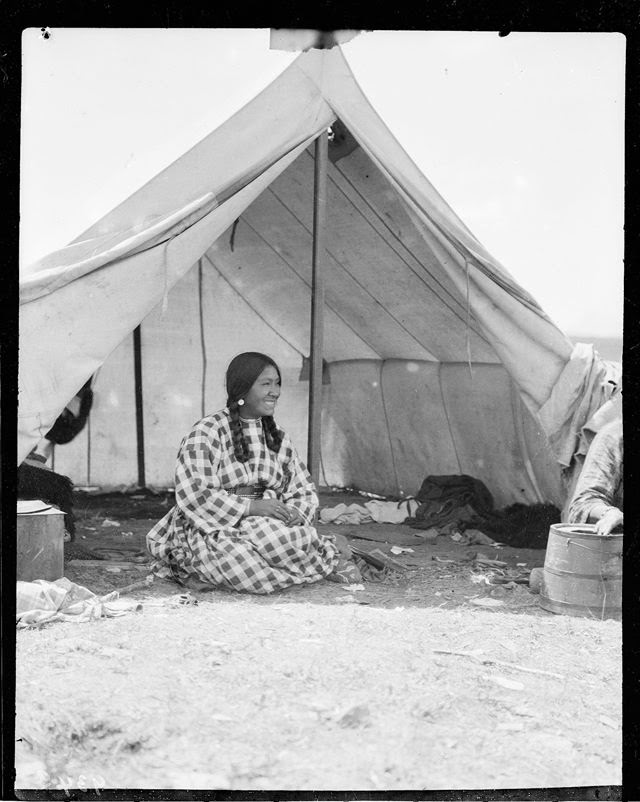
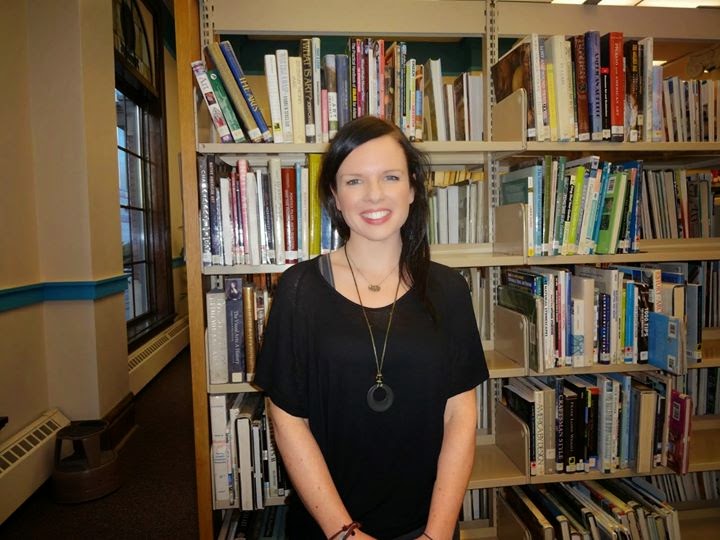
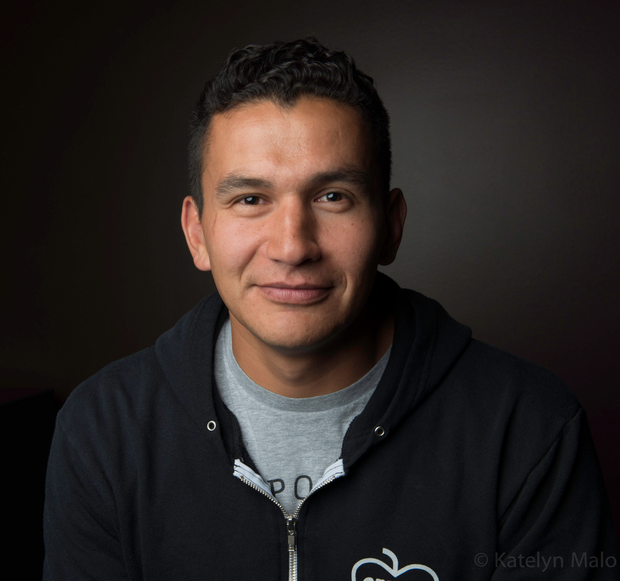





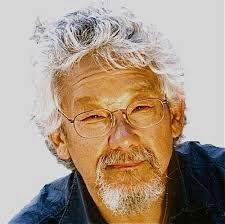



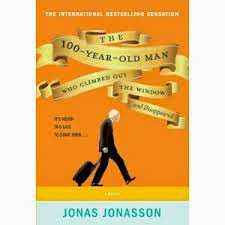



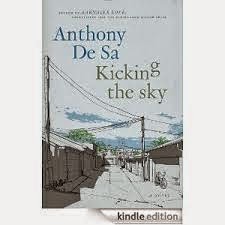










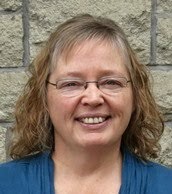
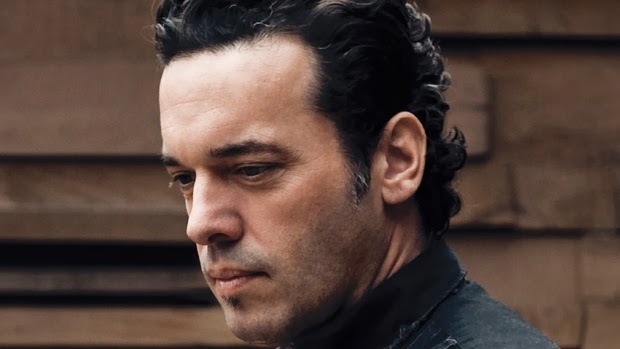
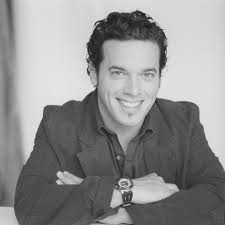
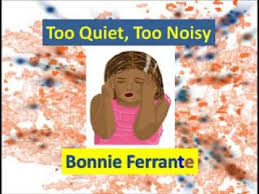







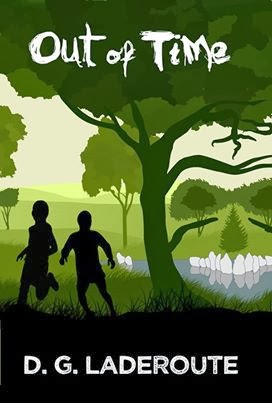
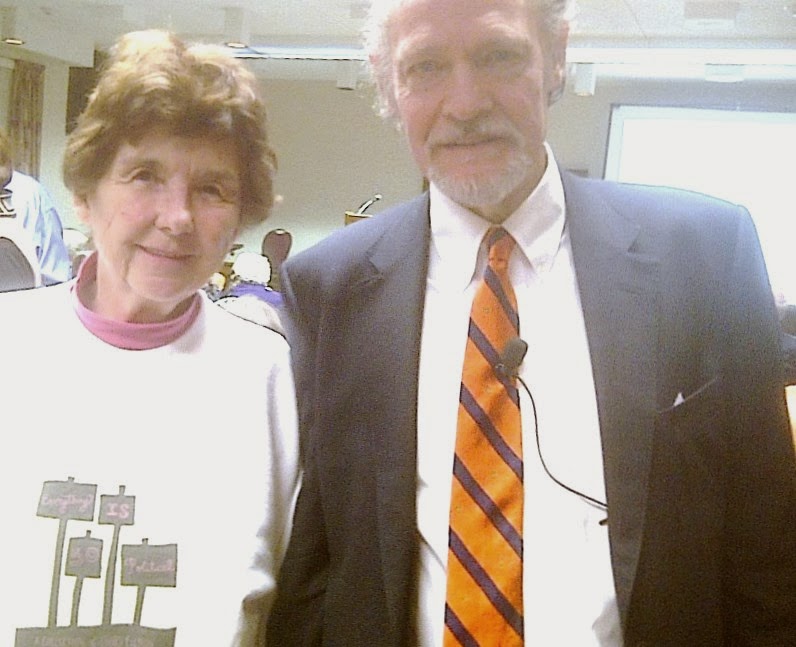








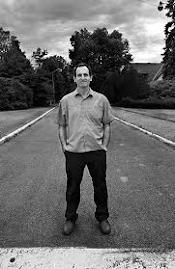







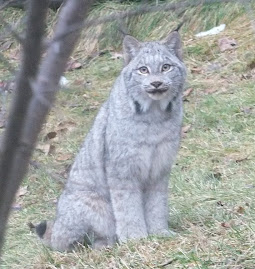

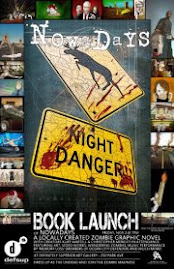






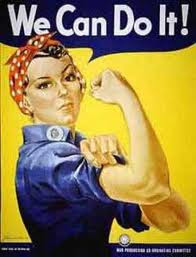

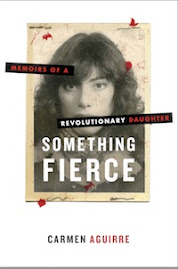

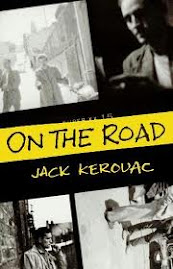

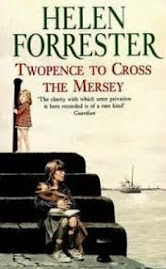
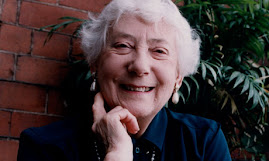






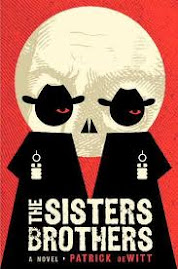


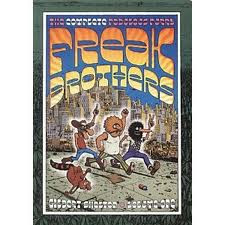
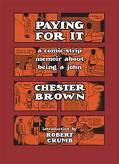
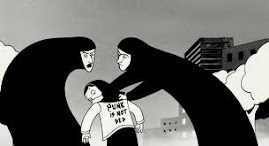
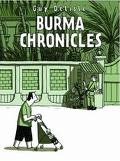



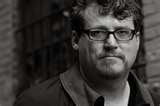
















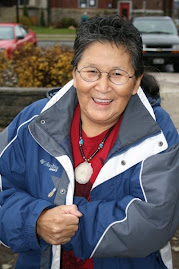












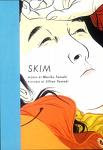
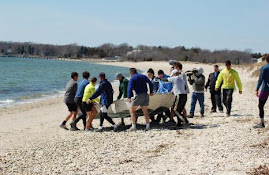



























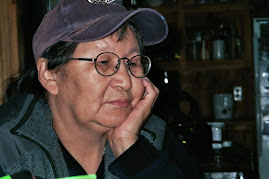




































No comments:
Post a Comment